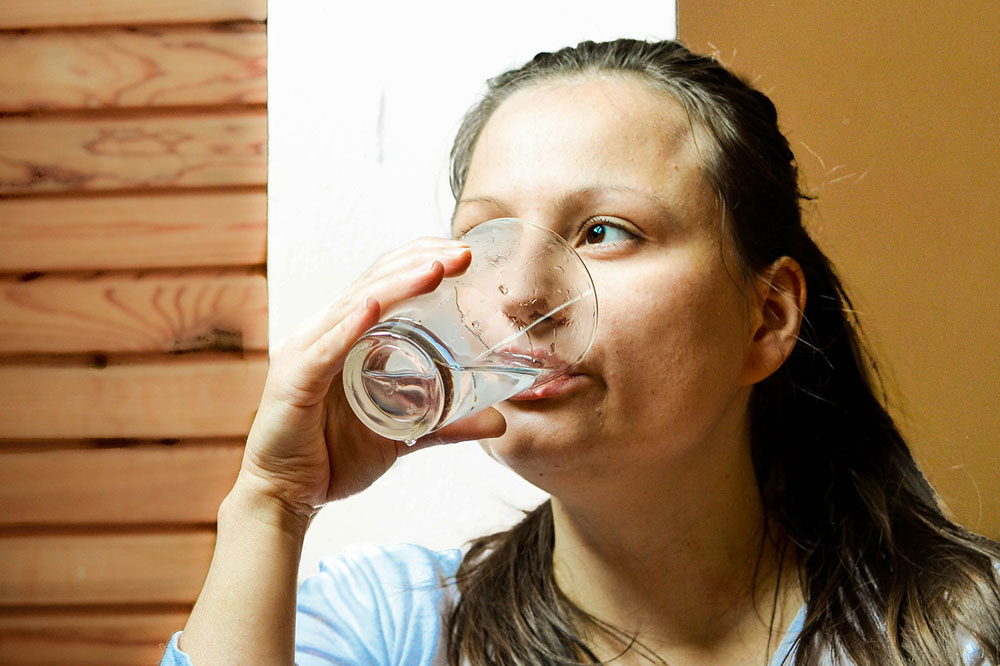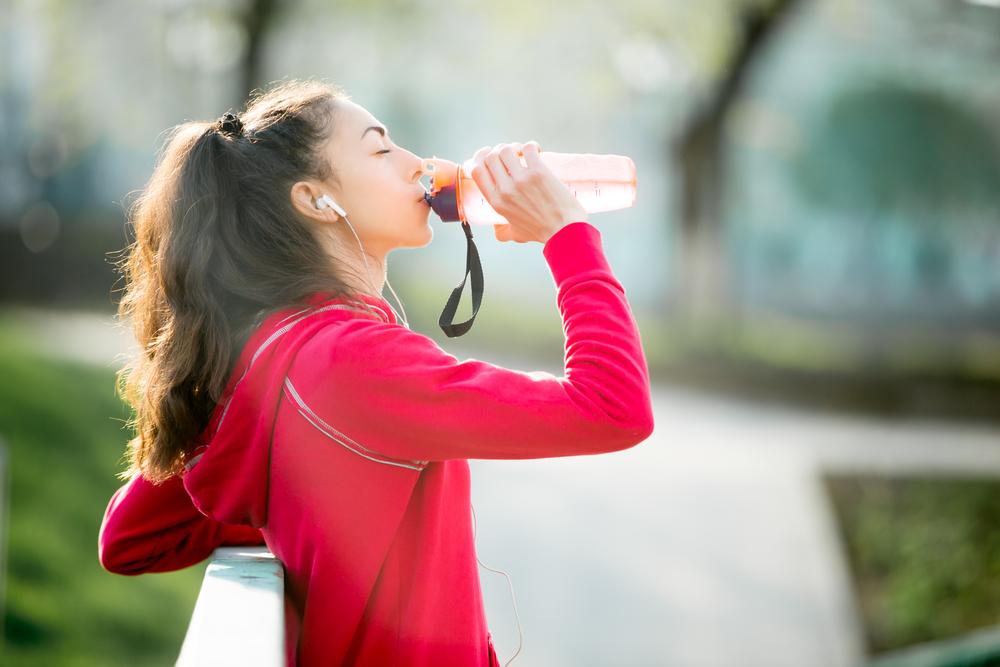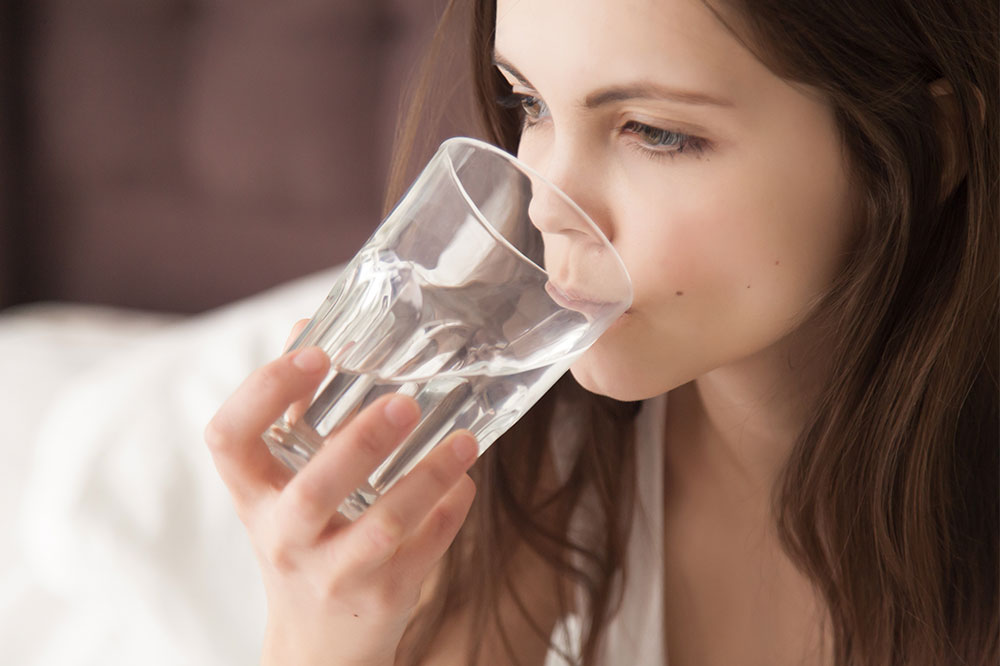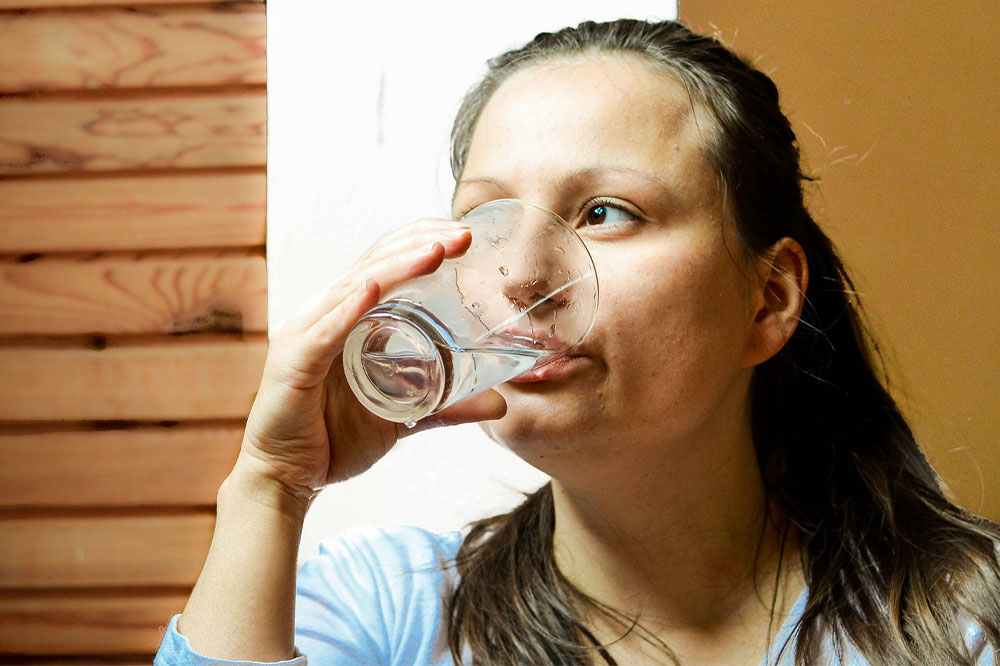Comprehensive Guide to Staying Hydrated: Essential Tips to Prevent Dehydration
This comprehensive guide provides effective strategies to maintain proper hydration and prevent dehydration. It covers recognizing early signs, responding promptly, incorporating water-rich foods, and replenishing electrolytes, ensuring overall health and well-being. Practical tips help you stay hydrated during daily routines and physical activities, reducing health risks and supporting optimal bodily functions.

Comprehensive Guide to Staying Hydrated: Essential Tips to Prevent Dehydration
Maintaining proper hydration is vital for overall health and well-being. Dehydration occurs when the body doesn’t receive enough fluids to carry out its normal physiological functions. It can be caused by various factors such as hot weather, strenuous physical activity, illness, or simply neglecting regular fluid intake. Neither mild nor severe dehydration should be overlooked, as it can impact vital organs and bodily systems, leading to discomfort or serious health issues if left unaddressed. Understanding how to stay well-hydrated is essential for everyone, regardless of age or lifestyle. This comprehensive guide explores practical, effective strategies to ensure adequate hydration and avoid the risks associated with dehydration.
Recognizing Early Signs of Dehydration
Early detection of dehydration symptoms allows for prompt action, preventing escalation into more severe health problems. Common indicators include persistent dry skin, muscle cramps, a dry or sticky mouth, and infrequent urination or urine that is dark yellow. Other signs may include fatigue, dizziness, headache, and decreased concentration. In extreme cases, dehydration can lead to rapid heartbeat, confusion, or fainting. Since modern lifestyles often involve busy routines, people tend to overlook these signs. Paying close attention to your body’s signals and acting swiftly can significantly improve health outcomes. Regularly monitoring hydration status, especially during hotter months or during physical exertion, is thus highly recommended.
Address Thirst Immediately
The sensation of thirst is the body's natural cue that it needs more fluids. Responding promptly by drinking a glass of water can substantially reduce the risk of dehydration. Many people, especially those with hectic schedules, tend to ignore or delay this signal, which can lead to dehydration, particularly in hot or humid environments. Utilizing hydration reminder apps or setting regular alarms can help maintain consistent fluid intake throughout the day. Making it a habit to drink water before you feel thirsty contributes to better health and optimal bodily functions. Remember, staying ahead of thirst is a simple yet highly effective technique to stay well-hydrated.
Incorporate Water-Rich Foods and Beverages into Your Diet
Beyond plain water, there are numerous foods and drinks that naturally boost hydration levels. Beverages like herbal teas, coffee, fresh fruit juices, and smoothies can be effective, but moderation is key—excessive caffeine or sugary drinks might have adverse effects. Equally important are water-rich foods such as watermelon, grapes, strawberries, cucumber, kale, lettuce, and celery, which contribute to fluid intake naturally and provide essential nutrients. Eating a variety of these foods consistently helps maintain hydration and supplies vital vitamins and minerals that support overall health.
Replenish Electrolytes During Physical Activities
For individuals engaging in intense or prolonged physical activity, rehydration involves more than just water intake. Electrolytes, including potassium, magnesium, sodium, and chloride, are essential minerals that help maintain fluid balance, nerve function, and muscle contractions. Losing significant amounts of electrolytes through sweat can lead to cramps, fatigue, and other complications. Drinks like sports beverages (e.g., Gatorade, Powerade), electrolyte solutions (e.g., Pedialyte), or natural options such as coconut water and freshly squeezed fruit juices, are excellent choices for replenishing these minerals. Consulting with a healthcare professional or nutritionist can help determine personalized hydration strategies, ensuring proper electrolyte balance tailored to your activity level and health needs. Incorporating foods high in minerals, like oranges and bananas, can also support electrolyte replenishment and overall hydration.
Staying consistently hydrated is an essential part of a healthy lifestyle. Simple steps such as recognizing early signs of dehydration, responding promptly to thirst, consuming a variety of hydrating foods and beverages, and replenishing electrolytes when needed can make a significant difference. Whether you're exercising, dealing with hot weather, or simply managing daily routines, these strategies ensure your body functions optimally, reducing health risks and enhancing quality of life. Remember, proper hydration isn’t just about drinking water; it’s about maintaining a balanced intake of fluids and minerals for long-term health benefits.





